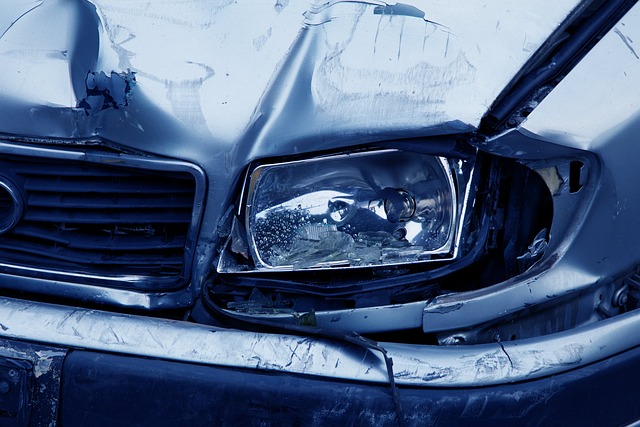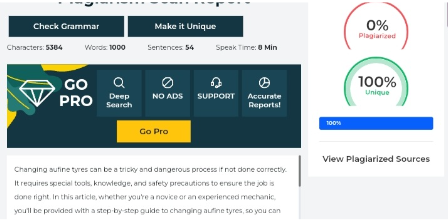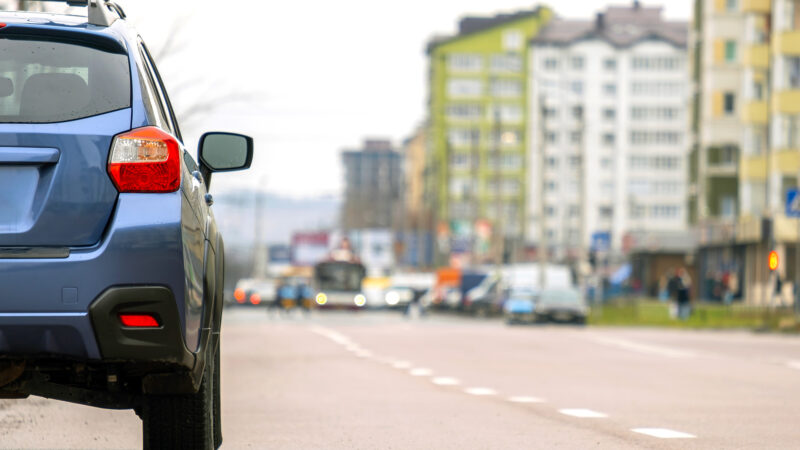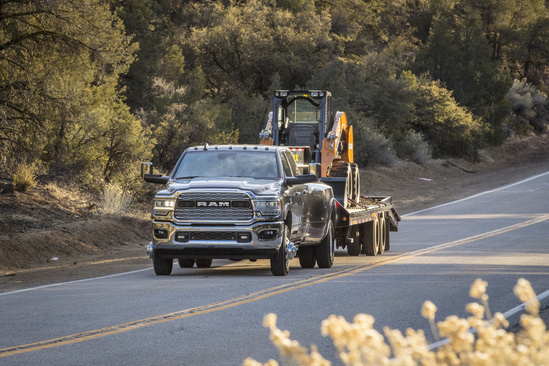What to Do if You Are in a Rideshare Accident

Rideshare services like Uber and Lyft have revolutionized the way we travel, providing convenient, affordable transportation at our fingertips. However, accidents can happen at any time, including in a rideshare vehicle. When you’re a passenger in a rideshare accident, it can be a disorienting and stressful experience. There are crucial steps to take if you find yourself in a rideshare accident. From ensuring your safety to dealing with insurance and legal matters, being prepared for such an event can help you navigate the situation more effectively and protect your rights.
1. Ensure Your Safety and Check for Injuries
The first and most crucial step after a rideshare accident is to ensure your safety and the safety of others involved. Check for injuries, including your own, the driver, and any fellow passengers. If anyone is seriously injured, call 911 immediately for medical assistance. Do not attempt to move anyone who may have sustained neck or back injuries unless there’s an immediate threat to their safety, such as a fire. Once you’ve addressed any immediate medical concerns, ensure you and others are in a safe location away from traffic. If the accident occurred in a high-traffic area, remain inside the vehicle if it’s safe to do so. If it’s not safe to stay in the car due to the risk of fire or other dangers, move to the side of the road and stay as far away from traffic as possible.
2. Contact Law Enforcement and Document the Accident
After ensuring everyone’s safety, contact law enforcement to report the accident. The police report will be a crucial document for insurance claims and potential legal actions. When speaking with the police, provide accurate and detailed information about what happened, but refrain from speculating or assigning blame. Stick to the facts as you remember them. While waiting for the police to arrive, document the accident scene. Take photos or videos of the vehicles involved, their positions, and any damage. Also, document any road or weather conditions that may have contributed to the accident. Collect contact information from the rideshare driver and any witnesses who can provide statements about the accident. This evidence can be valuable when dealing with insurance companies and legal proceedings.
3. Seek Medical Attention
Even if you believe your injuries are minor, it’s essential to seek medical attention as soon as possible. Some injuries may not manifest symptoms immediately, and a medical evaluation can identify any hidden or delayed injuries. Additionally, having a medical record of your condition after the accident is crucial for insurance claims and potential legal actions. Inform the medical professionals about the accident and describe any pain or discomfort you may be experiencing, even if it seems minor. This documentation will help connect your injuries to the accident and establish a link between your medical treatment and the rideshare accident.
4. Notify the Rideshare Company
It’s important to notify the rideshare company about the accident. Uber and Lyft both have procedures in place for dealing with accidents involving their drivers. You can contact them through their respective apps or websites to report the accident. Providing them with details about the incident is essential, as it helps initiate the insurance claims process and ensures your rights are protected. Rideshare companies have insurance coverage that applies when accidents occur during a ride. This coverage can help cover your medical expenses, non-economic losses, and any damage to your personal property. Be sure to follow the specific steps outlined by the rideshare company for reporting the accident, as they may vary slightly between companies.
5. Consult an Attorney and Review Insurance Coverage
Depending on the circumstances of the accident, you may want to consult with a reputable rideshare accident lawyer in Atlanta or an area near you. An attorney can help you understand your rights and navigate the legal complexities that may arise from a rideshare accident. They can also assist in dealing with insurance companies and pursuing compensation for medical expenses, lost wages, pain and suffering, and other damages. Additionally, review your own insurance coverage. Your personal auto insurance policy or health insurance may provide coverage in rideshare accidents. Understanding your insurance coverage is crucial to ensure you receive the compensation you’re entitled to and to avoid any delays or disputes during the claims process.
Conclusion
Being involved in a rideshare accident can be a jarring experience, but knowing the proper steps to take in the aftermath can help protect your safety and rights. Prioritize safety by checking for injuries and ensuring everyone is out of harm’s way. Contact law enforcement and document the accident scene to establish a factual record. Seek medical attention, even for seemingly minor injuries, to ensure your well-being and gather medical records. Notify the rideshare company promptly and follow their reporting procedures to initiate the claims process. Consider consulting with an attorney who specializes in personal injury cases to help protect your rights and interests. Lastly, review your insurance coverage to ensure you receive the compensation you’re entitled to following a rideshare accident. By following these steps, you can navigate the aftermath of a rideshare accident more effectively and with a greater chance of securing the necessary support and compensation.





